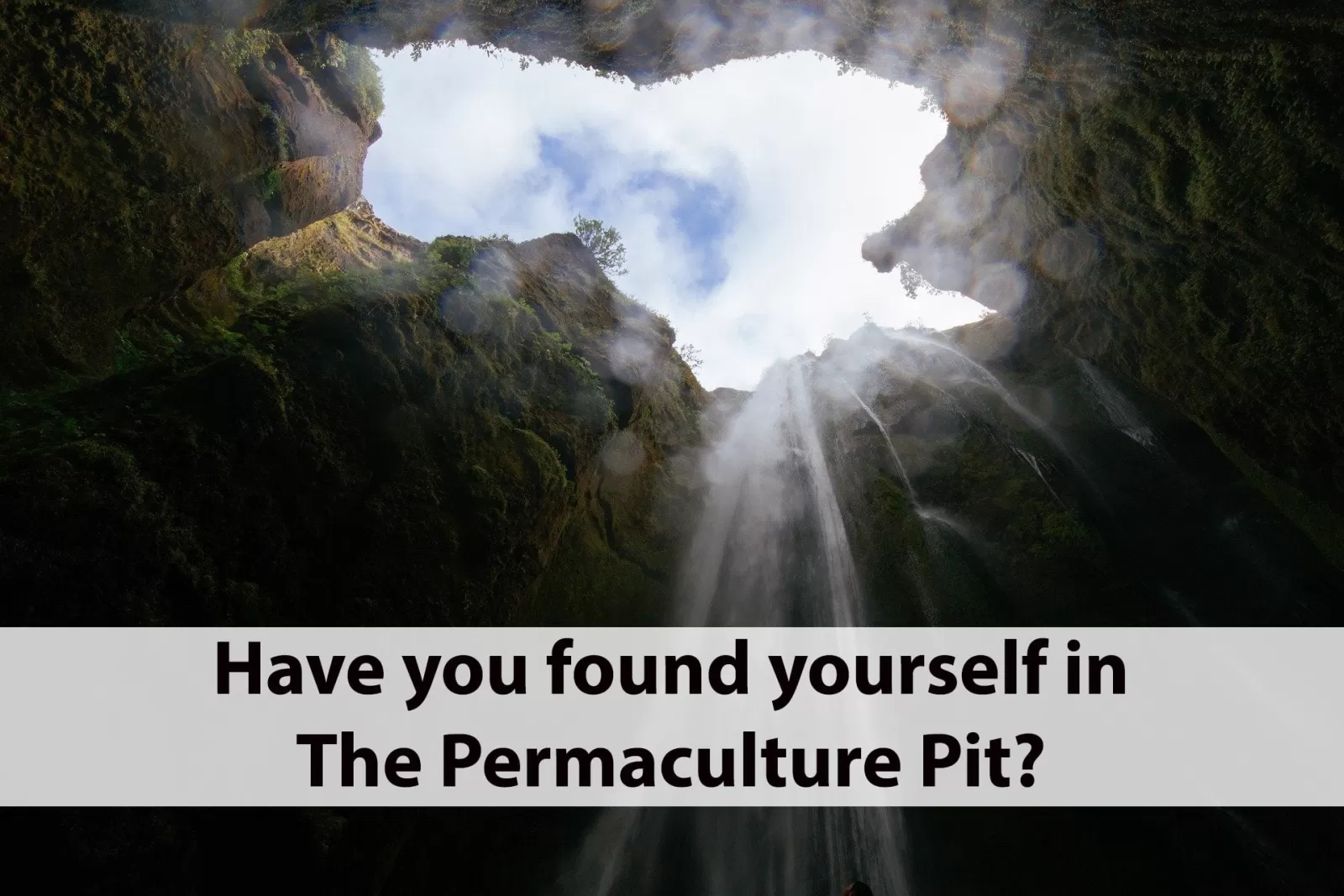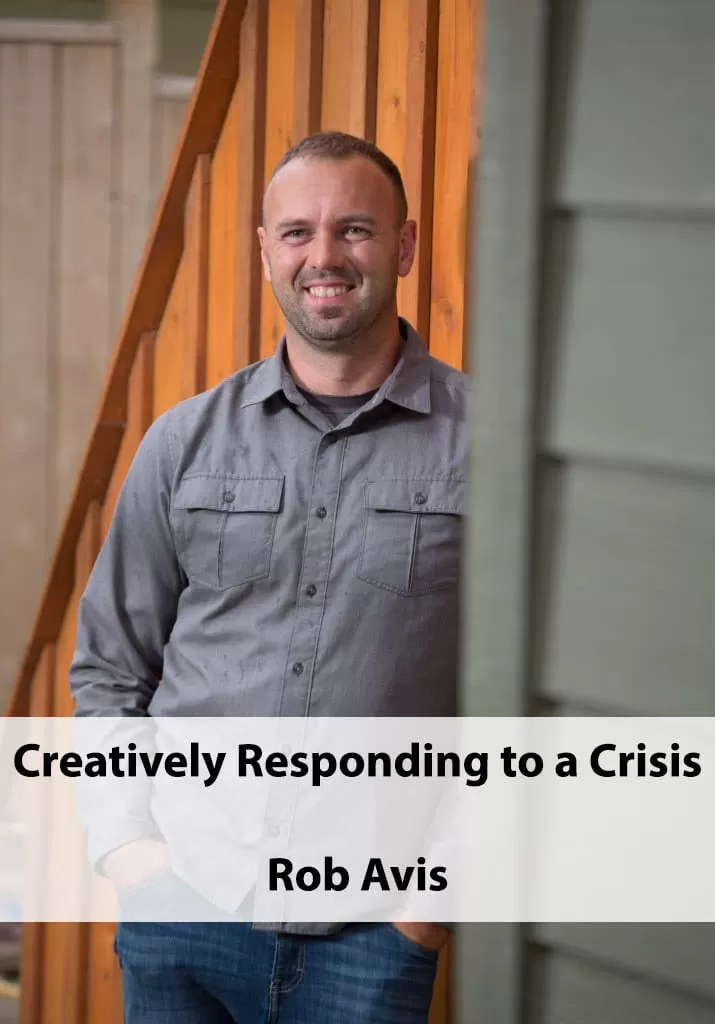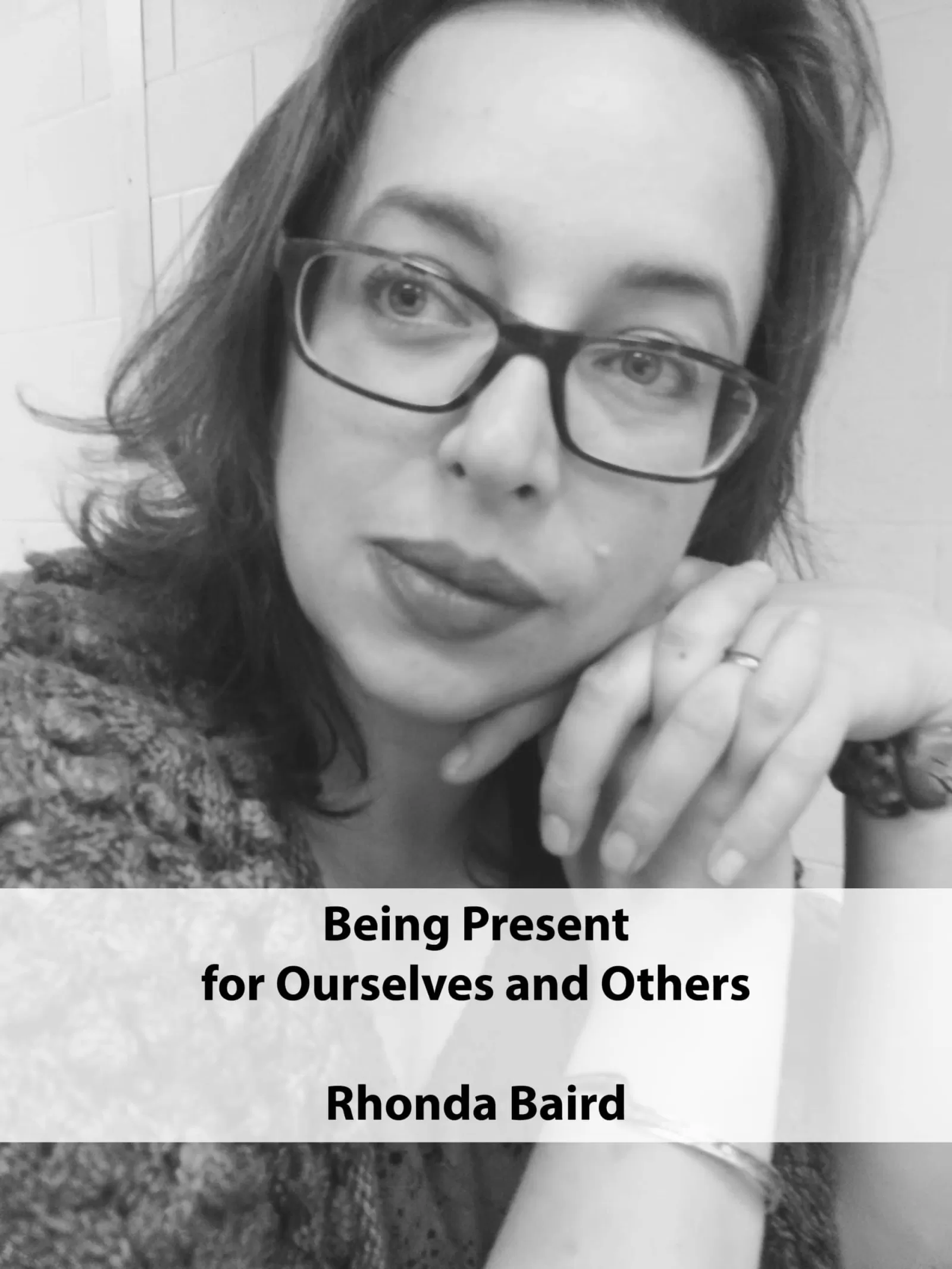This includes our role as teachers and leaders while others are struggling for security, and how we can build resilience in our homes and our communities. He shares how together we can soften the blow to ourselves and others by preparing for the economic changes possible in the scenarios of hyperinflation, deflationary contraction, and hyper-stagflation, the latter of which he sees as the most likely outcome of those three at this time.
A past guest of the show we get rolling with his thoughts on how to handle what we’re currently facing, so I’ve linked to Rob’s earlier interviews in the show notes below if you’d like to learn more about his background, his work on harvesting rainwater, and the framework he and his business partner Takota Coen have developed to simplify the application of permaculture to agriculture.
Find out more about Rob and his work at VergePermaculture.ca, and more through the links below.
I agree with Rob that now is a vital time for us to continue our education, take a role in creating resilience in our communities, and shift the narrative of what is possible. For ourselves, we can turn to our books, the University of YouTube, or the online classrooms like Coursera to work on expanding our knowledge. Now would be a great time to take that online Permaculture Design Course if you’re still looking for one.
If you have skills to share, we can contact our friends and family and see what they want to learn more about. Can we help them with their garden design? Help them repair something around the home?
If you’re a permaculture teacher, now is a good time to work on those online classes you wanted to put together. Begin sharing your knowledge through one-on-one consulting or webinars.
For our communities, we can coordinate seed swaps by mail, and eventually in person. We can make those phone calls to the city council or the mayor’s office to begin the conversation about chickens or other micro-livestock, or about expanding community garden efforts so people have access to land, or grow their own food.
To help with these, I’ve included links in the show notes to resources for each including some places offering online classes; software to connect remotely or run webinars of your own; and to organizations working on policy change. If you have any resources that come to mind others should know about, leave a comment in the show notes.
And of course, I’m always here to help you move your projects forward.
Until the next time, creatively respond to these uncertain times, while taking care of Earth, your self, and each other.
Previous Interviews with Rob Avis
Rob Avis on the Essentials of Rainwater Harvesting
The Adaptive Habitat Program
Related Interviews
Emergency Management and Disaster Preparedness
Edenspore
Resources
Verge Permaculture
Spanish Flu Waves (CDC)
The Great Influenza, a great book on the 1918 pandemic by John Barry.
Economist Mark Blyth
Online Classes (General Education)
EdX
Harvard University Free Online Classes
Coursera Free Classes
Online Meeting and Webinar Software
Cisco WebEx
GoToMeeting
Zoom
Micro-Livestock
Backyard Chicken Project
How to get your city to allow backyard chickens (Grist)
Raising Chickens in the City (Mother Earth Living)











